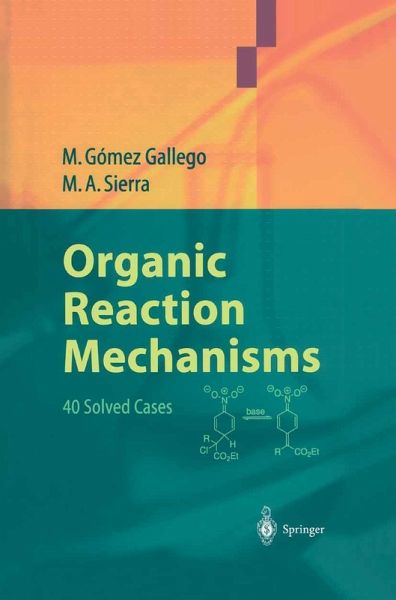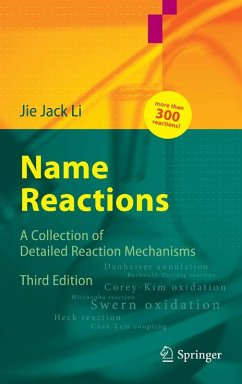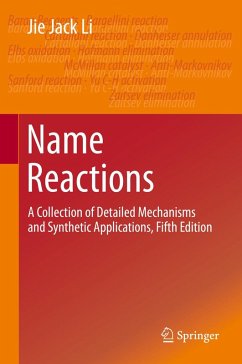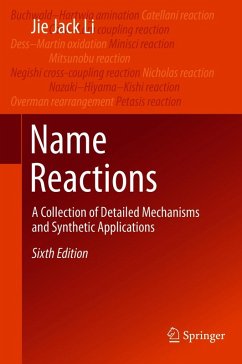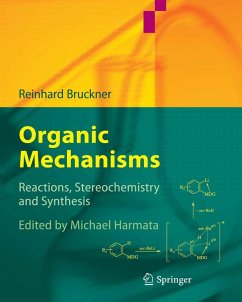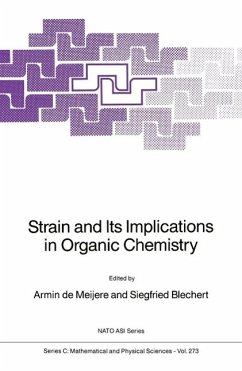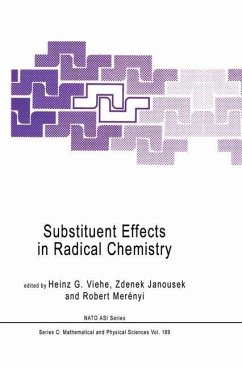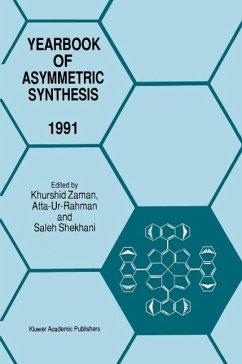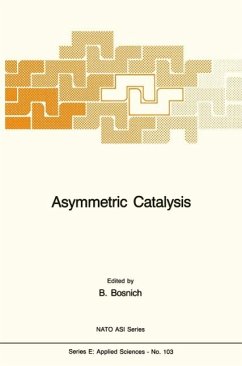organic chemists who like linking experimental data to organic structures."
Chemistry in Australia, 10/2004, p. 30
"The book makes an excellent primer for advanced undergraduates in chemistry who are preparing for exams and is also useful for graduates students and instructors."
Journal: Chimie Nouvelle - Societe Royale de Chimie, Vol. 22, Issue 87, p. 122
"Organic Reaction Mechanisms shows readers how to interpret the experimental data obtained from an organic reaction ... . Examining a series of selected examples of mechanisms, Organic Reaction Mechanisms focuses on real cases and discusses them in detail ... . The book makes an excellent primer for advanced undergraduates in chemistry who are preparing for exams and is also useful for graduate students and instructors." (Chimie Nouvelle Societe Royale de Chemie, Vol. 22(87), 2004)
"Learning by doing is the approach pursued by Gallego and Sierra in their book ... . The chemical concepts and reaction types introduced to the reader cover practically all of the addition, substitution, and elimination reactions known in traditional organic chemistry. ... Ample space is also given to ... . The book is a valuable resource for the preparation of seminarson organic reaction mechanisms, and as such it should be available in a good university library." (Hendrik Zipse, Angewandte Chemie, Vol. 116(37), 2004)
"Organic Reaction Mechanisms: 40 Solved Cases presents cases of organic reaction mechanisms using formal representation ... . The examples are treated in detail with an introduction, experimental data, discussion, key points and additional references. The approach of the authors is original since they do not approach the reaction ... . This volume will be useful to advanced undergraduate students and researchers interested in understanding the mechanism of organic reactions." (John F. Kennedy, Francois Meullenet, Carbohydrate Polymers, Vol. 57, 2004)
"Working with three-dimensional molecules, changes to solvent or catalyst and other such factors may dramatically alter the course of a reaction, and these subtleties are not readily appreciated by most students. ... The authors of this book try to redress this deficiency by bringing together a series of organic reactions whose mechanistic details have been probed using a variety of techniques and approaches. ... will also offer lecturers a useful set of worked problems with which to illustrate their courses." (Andrew Boa, Times Higher Education Supplement, February, 2005)
"Organic Reaction Mechanics shows the readers how to interpret the experimental data obtained from an organic reaction ... . This book in which the strategy of synthesis has been discussed will be useful for undergraduates, Ph. D. students and scientists ... . Lecturers can find in the text new examples to illustrate topics of advanced chemistry. After reading this book specific interest can be found by a physicist who deals with investigations of chemical or biochemical processes by physical methods." (Yu. Galyametdinov, Applied Magnetic Resonance, Vol. 28 (1-2), 2005)
"What resources do you need to teach mechanistic organic chemistry? More often than not, quickaccess to appropriate, contemporary examples ... . For that reason alone I can commend Gomez Gallego and Sierra's book ... . The book is well organized. ... The scope of the examples is a real asset. ... The references are also valuable. ... I can see it becoming a very useful resource for educators at advanced undergraduate and postgraduate level." (Jim Iley, Chemistry World, Vol. 2 (7), 2005)
"The mechanism of a chemical reaction can be considered as a hypothetical motion picture of the behavior of the participating atoms. The reliability of the proposed mechanism increases if it leads to quantitative predictions as to how the speed of the reaction is affected by concentrations of reactants, temperature, solvent and the presence of catalysts. The interpretation of the experimental data is a key point in any type of experimentation. The book on
Organic Reaction Mechanisms explains the various approaches to interpret the experimental data obtained from an organic reaction and specifically how an organic reaction mechanism can be considered or rejected based on the analysis of experimental evidence. ...All the cases presented in the book have been nicely illustrated that cover all the main topics of organic chemistry and this book is an innovative contribution to the subject. In conclusion, this book can be excellent source of information not only to the students but also to the academicians working in the area of organic chemistry." (John F. Kennedy, Univ. Birmingham; Journal: Carbohydrate Polymers, Issue 65, 2006)
